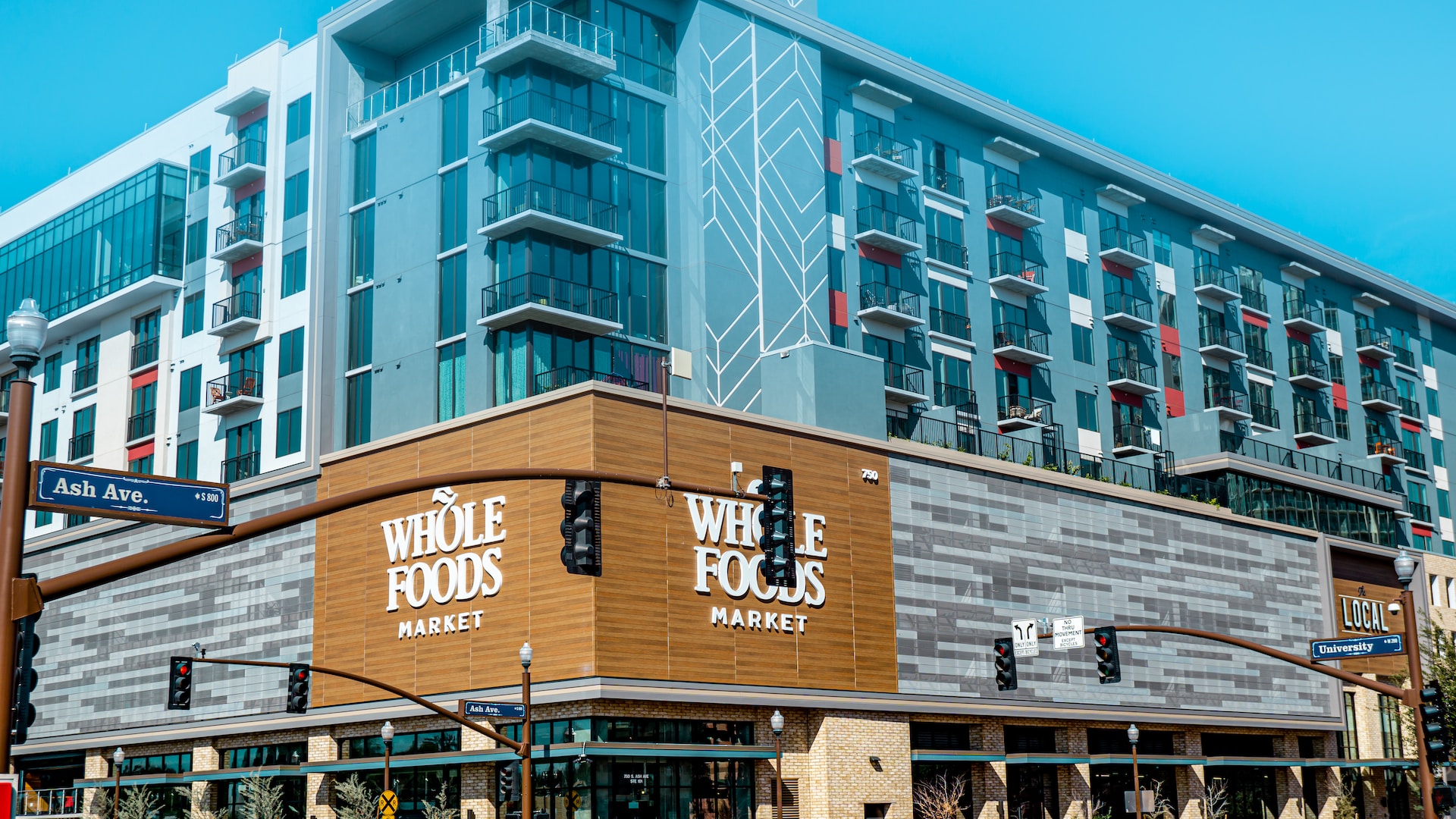

Question: How do Trends in the Housing Market Affect House Worth?
Answer: Trends in the housing market that affect house worth include supply and demand dynamics, interest rates, economic conditions, and shifts in buyer preferences.
Trends in the Housing Market that Affect House Worth – Exploring Real Estate Values
The housing market is constantly evolving, with new trends emerging that can have a significant impact on property values. Whether you’re a homeowner, investor, or potential buyer, it’s essential to stay informed about the latest trends in the housing market that affect house worth. In this article, we will explore some of the most significant trends affecting house values and provide insights into what these changes mean for the future of real estate.
Urbanization and the Rise of Mixed-Use Developments
As more people move to urban areas in search of job opportunities and a vibrant lifestyle, the demand for housing in these locations has skyrocketed. This urbanization trend has led to the development of mixed-use properties, which combine residential, commercial, and recreational spaces in a single location. These developments often feature modern amenities, such as fitness centers, parks, and retail outlets, making them highly desirable for potential homebuyers. As a result, properties within or near mixed-use developments tend to have higher values compared to those in traditional suburban neighbourhoods.
Click here to check out the home estimator
Related Article: What are Some of the Methods Used to Determine House Worth?
Related Article: What is the Impact of Location on House Worth?
The Impact of Remote Work on Housing Preferences
The COVID-19 pandemic has brought about significant changes in the way people work, with many companies shifting to remote work arrangements. This trend has influenced housing preferences, as people no longer need to live close to their workplaces. As a result, there has been an increased demand for larger homes with dedicated office spaces, particularly in suburban and rural areas where property prices are generally more affordable. This shift in preferences has led to an increase in house values in these areas, while potentially causing a decline in demand for properties in densely populated urban centers.
The Growing Importance of Eco-Friendly Features
Environmental concerns have become increasingly important in recent years, and this trend has extended to the housing market. Homebuyers are now more interested in properties that incorporate eco-friendly features, such as energy-efficient appliances, solar panels, and sustainable building materials. Homes that prioritize sustainability and energy efficiency are more likely to see an increase in value, as they appeal to a growing segment of environmentally conscious buyers.
The Influence of Technology on Home Values
Advancements in technology have led to the development of smart homes, which incorporate various devices and systems that can be remotely controlled to improve convenience, security, and energy efficiency. Features such as smart thermostats, security systems, and home automation systems are becoming increasingly popular among homebuyers, as they offer improved functionality and convenience. Properties equipped with these technologies tend to have higher values compared to those without smart home features.
The Role of Infrastructure Development on House Prices
Infrastructure development plays an important role in determining property values. New roads, public transportation systems, schools, and hospitals can all contribute to an increase in house prices, as they make an area more desirable and accessible. On the other hand, inadequate infrastructure or the closure of essential amenities can negatively impact property values. It’s important to stay informed about planned infrastructure projects in your area, as they can have a significant influence on the value of your home.
The Effects of Housing Regulations and Policies
Government policies and regulations can also have a considerable impact on the housing market. Changes to mortgage lending rules, property taxes, or zoning regulations can affect the demand for housing and, in turn, influence house values. It’s essential for homeowners and potential buyers to stay updated on the latest policy changes and understand how they might affect property values in their area.
Demographic Shifts and Changing Preferences
Demographic shifts, such as the aging population and the rise of millennials as the largest homebuying demographic, can also influence housing market trends. As these groups have different preferences and priorities when it comes to housing, their growing influence in the market can lead to changes in demand for certain types of properties and amenities. For example, older adults may prioritize single-story homes with low-maintenance features, while younger buyers might look for modern, energy-efficient homes with flexible spaces for work and leisure. Understanding these demographic shifts and their impact on housing preferences can help homeowners, investors, and potential buyers make informed decisions about their real estate investments.
The Gig Economy and Short-Term Rental Impact
The gig economy’s growth fuels short-term rental platforms. Think Airbnb and VRBO. This trend significantly impacts local housing markets. Property owners earn substantial income by renting homes short-term. This often incentivizes converting long-term rentals into vacation properties. The result? Fewer available homes for permanent residents.
This reduced supply can drive up rental costs. Consequently, home prices rise in popular tourist destinations. Conversely, strict local regulations on short-term rentals protect long-term housing. They might stabilize or even reduce housing costs. Understand how these platforms operate in your desired area. Research local ordinances before investing. This trend directly affects housing affordability and availability.
Conclusion
Staying informed about the latest trends in the housing market is crucial for homeowners, investors, and potential buyers alike. Urbanization, the rise of remote work, increased interest in eco-friendly features, the influence of technology, infrastructure development, changes in housing regulations and policies, and demographic shifts all play a role in shaping the value of properties. By understanding these trends and their potential impact on the housing market, individuals can make better-informed decisions about their real estate investments and capitalize on opportunities for growth and appreciation in their property values.


